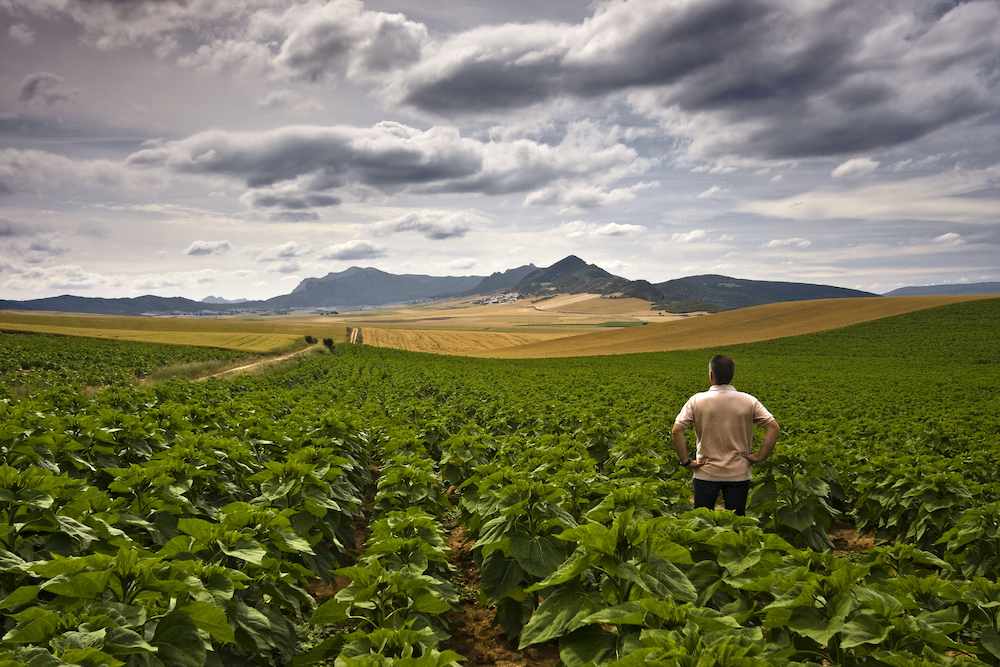Opinion: Brazil must raise competitiveness in 2012

By PMA Brazil representative Valeska de Oliveira
Brazil recently overtook the U.K. as the world's sixth largest economy, but while some industries have prospered, horticultural exports fell in 2011. At www.freshfruitportal.com we would like to welcome PMA Brazil representative Valeska de Oliveira as a new columnist, who will be providing insights on the South American giant and the role it will continue to play in the global fruit trade. In this column, she discusses the year that has passed and the competitive challenges ahead in 2012.
In 2011 Brazilian exports of fresh fruits reached a total of US$634 million, which is 3% less than the previous year. The total volume of exports was around 681,000 metric tons (MT), representing a 10% reduction if compared to 2010. Melons, mangoes, apples, bananas, limes, grapes, papaya, avocados, pineapples, oranges and figs, among other fruits, were in the country's exporter basket of products.
I don't want to mislead anyone with these figures. While the total reduction percentage in exports does not seem to be so impressive, some fruits when individually analyzed, showed a significant reduction and many exporters have seen their profit margins decrease considerably. In addition to market conditions, the weather also damaged exports of fruits like melons and apples, which saw shipments abroad going down in volume by 46% and 4% respectively.
In the case of apples, whose production was affected by the frost and hail in the south of the country, exports went down from 90,800MT in 2010 to 48,600MT in 2011. In terms of melons, Brazil's main export fruit, shipments declined from 177,800MT to 169,500MT in the same period.
The global economic crisis and the exchange rate, as well as the high cost of business management in the Brazilian market which involves everything from production to logistics, should be pointed out as the main factors responsible for hindering the sector's competitiveness.
The European Union, the epicenter of the crisis in 2011, is the main market for Brazilian fruits. 75% of total exports of fresh fruit from Brazil have that market as its target, with around 38% of that amount going to the Netherlands, serving as the major distributor for the entire European Union. The United States, Germany, the U.K, Argentina, Uruguay, Belgium, Canada, Italy, France, Portugal and Spain also add to the demand for fresh fruits from Brazil.
How can Brazil improve the competitiveness of its fresh fruit exports in 2012?
Although the uncertainties of the European economy lead to caution and even with the challenges of low prices, the industry is relying on improvement in the next 12 months. The expectation is that there will be a recovery on exporting percentage.
One of the alternatives and strategies that has grown among exporters to increase profitability is to open new markets or expand direct participation in key markets that still have a little to be explored.
It is necessary that the management model of fruit exports changes and prioritizes strategies that add value to the product. For this reason companies are increasingly investing in researching new fruit varieties and presentations to the final consumer. Some good results should be presented to the market during 2012.
The exporter knows that more and more business success is tied to quality, food safety, regularity and professionalism in negotiations. This is the homework set this year not only for Brazil, but for anyone who wants to consolidate the market.
















































